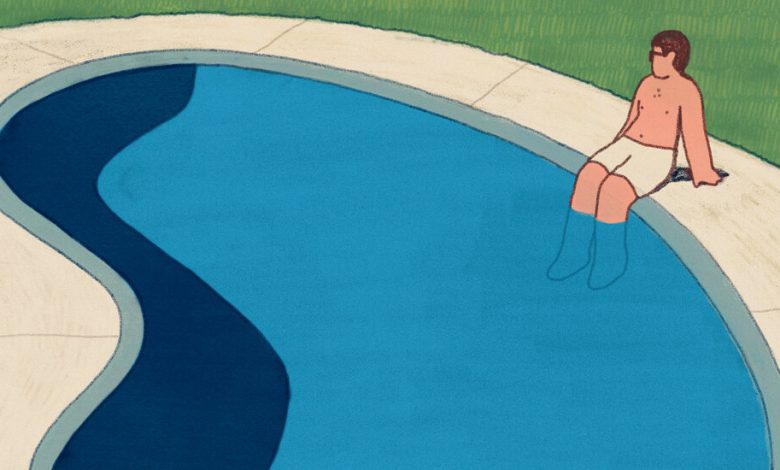Let People Sell Their Kidneys. It Will Save Lives.

I owe the last 25 years of life to my father, who dozed under general anesthesia as a surgeon cut eight inches from stomach to spine, removed one of his kidneys, placed it on ice and sent it to a nearby operating room where it was fitted into my abdomen. My brother had a kidney transplant that same week, six days before I did. His new kidney came from a man we never knew who died in a car accident in the mountains.
We were teenagers, afflicted with a congenital kidney disease. But we were lucky.
There are 100,000 people in the United States waiting for a kidney. More than half a million are on dialysis, which from my own experience I know to be more of a means of survival than a form of living. About 4,000 people die each year while waiting for a kidney. Another 4,000 become too sick to undergo surgery — a gentler way of saying that they, too, die. The National Kidney Foundation estimates that, without more investment in preventing diabetes and other ailments, more than one million people will be suffering from kidney failure by 2030, up from over 800,000 now.
These numbers illuminate a story of largely preventable suffering. Hundreds of millions of healthy people walk the streets quietly carrying two kidneys. They need only one. The head-scratcher is how to get kidneys from the people who have one to spare into the people who need one. Getting them from genetically modified pigs, as was recently found possible, won’t be a widespread solution for a very long time.
There’s a simpler and long overdue answer: Pay people for their kidneys.
Creating a market for kidneys is not a new concept, but it’s historically been met with disgust: Sell what? To be fair, some of the ways to structure such a market would be irresponsible, coercive and deserving of that disgust.
But others are more thoughtful and prudent. One approach is to make the federal government the sole purchaser of kidneys. Donor and recipient would never meet. Compensation would be fixed, haggling impossible. After the kidney is acquired, the transplant process would unfold in the typical manner.
This idea fits nicely within today’s health economics. Through a quirk of a 50-year-old law, Medicare is the primary insurer for anyone of any age in need of dialysis or a transplant. This has extended the lives of hundreds of thousands of people. It has also been costly, with end-stage renal disease patients accounting for about 7 percent of Medicare’s spending despite constituting 1 percent of its population of users. Because transplants are ultimately cheaper than dialysis, if Medicare started paying people to donate kidneys, fewer people would need to survive on dialysis and Medicare would need less taxpayer money to cover it.
